Ghana has announced that its Forest Law Enforcement, Governance and Trade (FLEGT) licensed timber will officially enter the European Union (EU) market on October 8, 2025, marking a historic breakthrough in the country’s forestry and trade sectors.
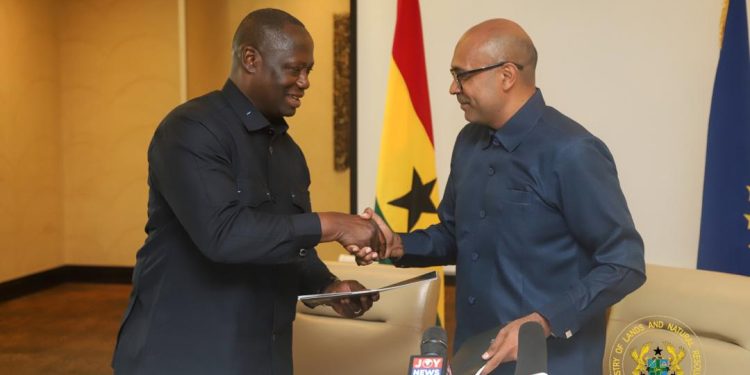
The milestone crowns a 16-year reform process aimed at strengthening forest governance, ensuring timber legality, and positioning Ghana as a global leader in sustainable timber trade.
It makes Ghana the first African nation and only the second country worldwide after Indonesia to operationalize the FLEGT licensing system, a scheme designed to combat illegal logging and guarantee responsible timber exports.
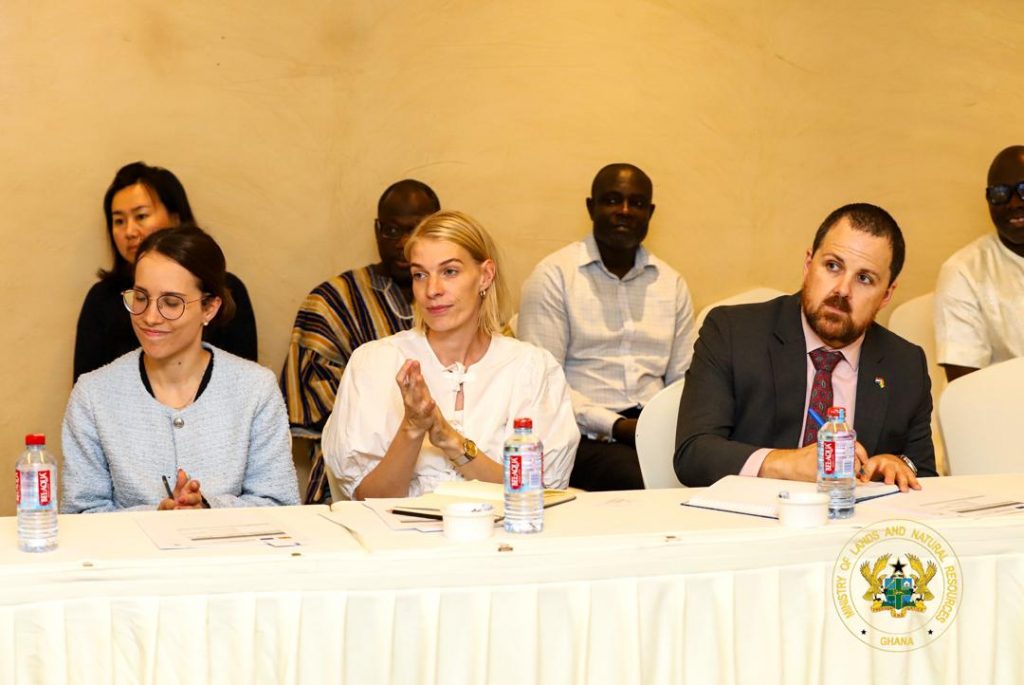
The announcement was made by the Minister for Lands and Natural Resources, Emmanuel Armah-Kofi Buah, during the 13th Session of the Joint Monitoring and Review Mechanism between the Government of Ghana and the EU on Wednesday, August 27, 2025.
According to the Minister, Ghana’s achievement was made possible through comprehensive reforms, including overhauling forestry legislation, deploying advanced electronic wood-tracking systems, training industry players, and engaging local communities and traditional authorities. He noted that these measures now ensure that all timber exported from Ghana is traceable, legal, and responsibly harvested.
Armah-Kofi Buah expressed gratitude to technical teams, civil society groups, industry stakeholders, and international partners such as the UK’s Foreign, Commonwealth & Development Office (FCDO) for their role in the process.
He paid special tribute to the EU Ambassador to Ghana, Irchad Razaaly, for what he described as pivotal leadership and commitment throughout the journey.
The Minister further challenged the Forestry Commission to scale up reforestation and afforestation projects, particularly under President John Mahama’s “Tree for Life” Reforestation Initiative, which seeks to restore degraded lands, expand commercial tree plantations, and reduce pressure on natural forests.
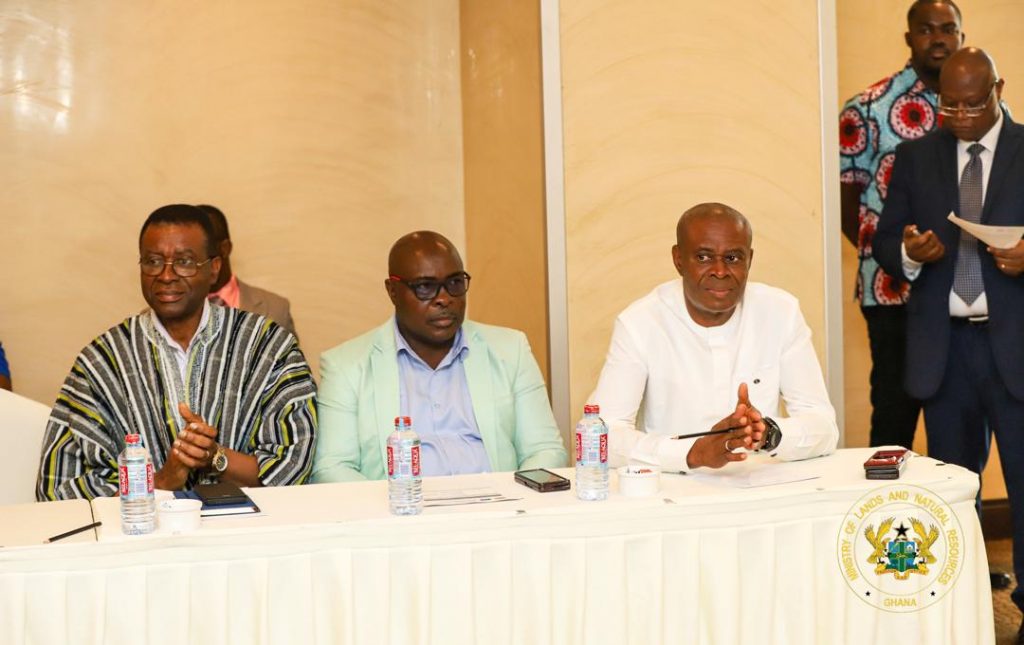
In his remarks, EU Ambassador Irchad Razaaly commended Ghana’s determination and inclusiveness, stressing that the October 8 launch reflects a long chain of commitment, responsibility, and political support shared by both Ghana and the EU.
He emphasized that the FLEGT license provides Ghanaian timber with guaranteed access to the EU market of 450 million consumers, opening up significant economic opportunities.
“By guaranteeing legality and sustainability, Ghana’s timber sector will not only attract buyers but also create jobs, protect forests, and assure communities of long-term livelihoods,” Razaaly said.
He also acknowledged the role of Parliament, local communities, and civil society organizations in ratifying agreements and supporting reforms, describing their involvement as crucial to the success of the licensing process.
With this accomplishment, Ghana strengthens its global reputation as a pioneer in sustainable forest management. Analysts predict that the move will boost export revenues, attract responsible investment, create jobs across the timber value chain, and contribute to climate change mitigation.
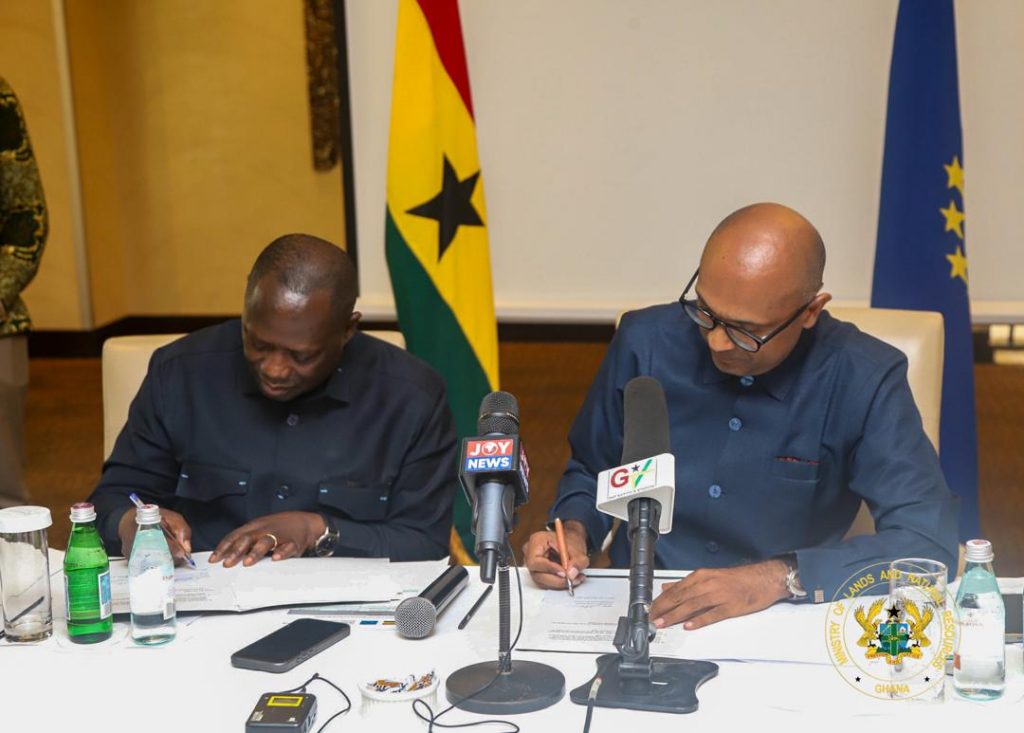






































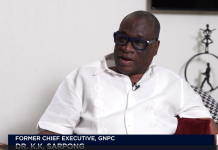
















![[FREE FREE MONEY] Predict and Win a Guaranteed GH¢200 From Us EVERY WEEK](https://wordpress.ghanatalksradio.com/wp-content/uploads/2022/02/Predict-and-Win-Final-09-03-2021-218x150.jpg)
![[Predict & Win – 8th/Oct.] WIN A Guaranteed ¢200 From Us This Week](https://wordpress.ghanatalksradio.com/wp-content/uploads/2021/10/maxresdefault-16-218x150.jpg)
![[Predict & Win – 2nd] WIN A Guaranteed ¢200 From Us This Week](https://wordpress.ghanatalksradio.com/wp-content/uploads/2021/09/maxresdefault-50-218x150.jpg)
![[Predict & Win – 25th] WIN A Guaranteed ¢200 From Us This Week](https://wordpress.ghanatalksradio.com/wp-content/uploads/2021/09/maxresdefault-36-218x150.jpg)
![[Predict & Win – 18th] WIN A Guaranteed ¢200 From Us This Week](https://wordpress.ghanatalksradio.com/wp-content/uploads/2021/09/maxresdefault-23-218x150.jpg)
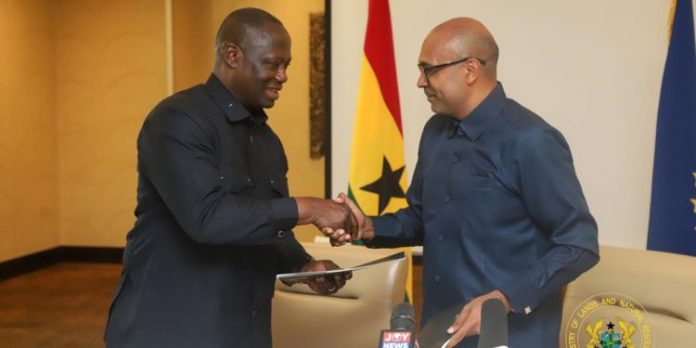











![[National cathedral] See full list of churches that have contributed since 2018](https://wordpress.ghanatalksradio.com/wp-content/uploads/2020/09/Ghana-National-Cathedral-GhanaTalksRadio-100x70.jpg)



